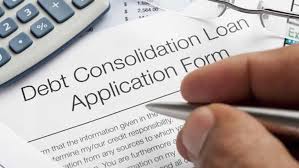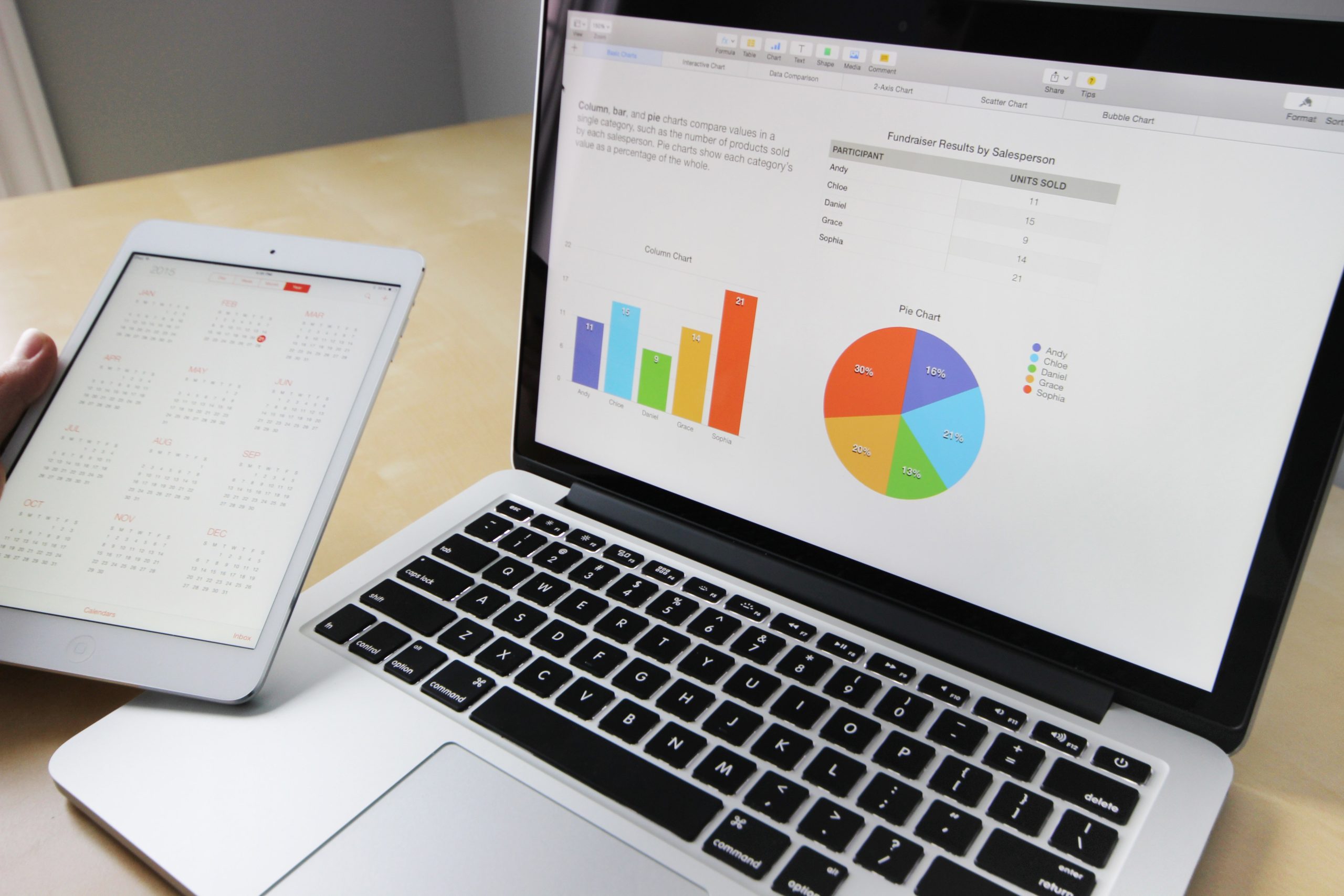When it comes to finances, many people lack the education they need to stay in control. Debt begins to pile up and people feel like they are drowning beneath it. Debt consolidation can step in to save the day, and the tips below will help you figure out if it is right for you.
First, study your credit report. Do this so that you fully understand where you’re at, how you got here and how you can prevent future problems. This helps you avoid making the same mistakes again.
Try borrowing money agaisnt your life insurance policy. You do not need to pay back what you borrow if you are unable to or do not want to, however it will get deducted from what you’ve paid to your beneficiaries. That is why you should plan on paying the money back.
Following debt consolidation, budgeting your money wisely will help you keep future debt to a minimum. Most people get in over their heads by over spending with credit cards, so learn to work with money you have rather than borrowing. Doing this will also make it easier to pay off your debt consolidation loans and improve your credit score.
Before debt consolidation, check your credit report. You need to know how you got into debt. Know exactly how much you owe and to whom you owe it to. You won’t know how to restructure finances if you do not know this information.
Debt consolidation works best when applied to credit cards. If you have significant balances on various cards, you’re probably paying way too much in interest and could benefit greatly from a debt consolidation loan. See if you can’t combine all of the debt into one payment with a favorable interest rate, and limit your credit card spending once that is accomplished.
To consolidate your debt, try taking out a personal or signature loan. This has become a limited option due to the credit crunch, however. Many lenders that used to offer unsecured, signature loans for consolidation do not anymore. If you find one that offers this option, be sure it’s not a high-interest loan, even if it helps you lower monthly payments by extending the terms.
A home equity loan or a line of credit is a good option if your home is paid off. You can basically borrow money and use your home as a collateral. Borrow just enough to pay your debt off and make your loan payments on time. You can deduct the interests you pay on your loan from your taxes.
Know if you are merely getting an official budget. If you sign up with a debt consolidation plan, you might be set up with a budget, so you know how much you will have to pay each month towards all of your bills. If that’s what you’re expecting, proceed, but know that some other debt consolidation companies offer you a loan instead.
It is very important to select a debt consolidation agency with a good reputation. Do plenty of background research and contact your Better Business Bureau to make sure the professionals you are interested in are reliable and properly licensed. Do not hire a debt consolidation specialist who has some complaints pending against them.
Know what your position is on collateral before applying for a debt consolidation loan. If you don’t have collateral of sufficient worth, the terms for your loan will not be as favorable. Without sacrificing your home, tally up your assets until you reach a number that satisfies the criteria for collateral and take it from there.
Consider asking your family for a debt consolidation loan. If you are reliable and have a family with means, this can be the cheapest route to debt consolidation. They pay off the debt, and you pay them at an interest rate that is more favorable then a bank would offer in a savings plan. It can be a big win for all involved.
Why do you want to consider debt consolidation to help you out? If it is only to reduce your payments so that you have more money to spend on discretionary things, such as entertainment or going out to eat, you are making a huge mistake. This method is only for those who are intent on paying down debt.
Use a zero percent interest rate credit card offer to transfer your high interest debt. These rates are typically good for 12 to 18 months before they begin charging high interest rates. this is only a wise choice if you know you can pay off the full amount before the interest rate increases.
Pay for purchases in cash when you have a consolidation plan in place. It’s important to now steer clear of spending on credit cards again. This will cause you to get into the same habits that caused problems in the first place. When you use cash, you can only spend what you have.
When you see the money you will be saving with a debt consolidation loan, don’t automatically think about how you can spend it! Poor spending habits are probably what got you into the debt in the first place, so get to work on changing those habits. Consider putting the extra money into paying off the loan sooner or saving it for retirement.
Before you decide to consolidate your debt, explore other alternatives. A lot of the time you’re going to be able to strike a deal with a creditor instead of allowing some company to help you with it. Explain your situation to the creditor and that you wish to remain in positive standing with their company. They may help you with either lower interest or lower payments.
When it comes to debt consolidation, the tips above are truly priceless. They will help you regain control of your financial state of affairs. Take the time to use these ideas as you start to tackle your debt and you will find a solution comes to you quickly and easily.





